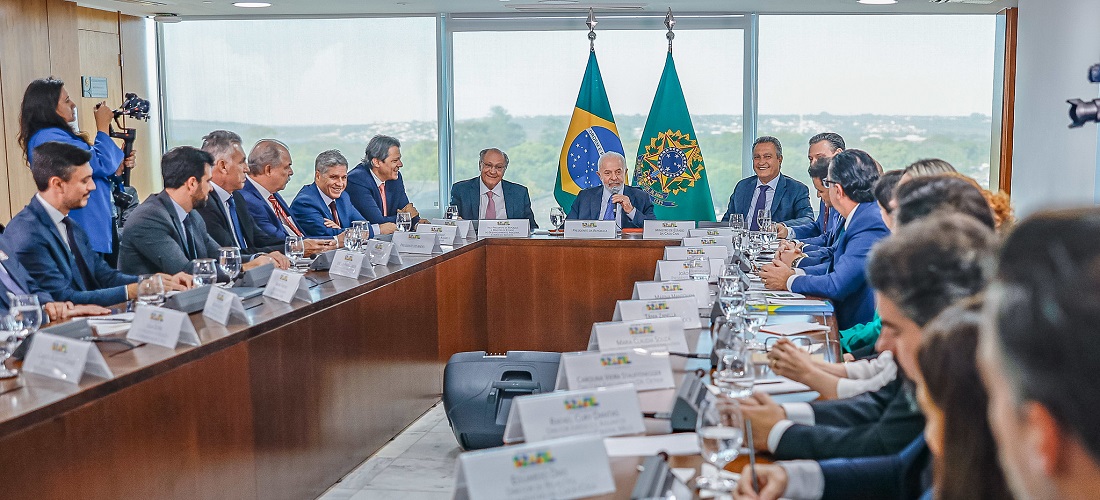Translation: Marina Della Valle

Food industry to invest R$120bn by 2026
Jul, 18, 2024 Posted by Gabriel MalheirosWeek 202429
Representatives of the food industry confirmed on Monday (July 15) to President Luiz Inácio Lula da Silva that R$120 billion will be invested in the country by 2026. Around R$75 billion will be earmarked for the expansion and modernization of plants, as well as the construction of new units throughout Brazil. Companies in the sector will also invest R$45 billion in research and development.
João Dornellas, president of the Brazilian Food Industry Association (ABIA), told Mr. Lula that the sector grew by 3.3% in the first half of this year, but did not give any more details about the figures. In 2023, the sector’s turnover was R$1.161 trillion.
“This meeting confirmed to the government that the Brazilian food industry is committed to the country. We continue to bet on the potential of our country. And the numbers are coming in,” said Mr. Dornellas to journalists after his meeting with President Lula.
Part of the investments had already been announced. In 2023, R$36 billion had already been invested. Among the initiatives are investments of R$15 billion by JBS to expand production in Mato Grosso, R$7 billion by Nestlé to expand factories and coffee production in Araras (São Paulo), and R$5.6 billion by BRF in meatpacking plants across the country.
The list of investments also includes R$4 billion by Coca-Cola to modernize and expand its factories; R$3.5 billion by Coamo to expand its grain storage and processing capacity, and R$3.5 billion by CMAA to expand its sugar milling and production capacity in Minas Gerais.
Other confirmed investments are by Cargill (R$2.6 billion), Nutriza Alimentos Nordeste (R$2 billion), Bunge Alimentos (R$1.7 billion), Cocamar (R$1.3 billion), Pepsico (R$1.2 billion) and Mondelez (R$1 billion). Contributions from Bauducco, Camil, Cooperativa Oeste Catarinense, C. Vale, Caramuru, Cerradinho, Comigo, Cooperativa Agropecuária Tradição, Copasul, Laticínios Tirolez, Kellanova, Natural One, Cutrale, Usinas Cariripe, General Mills and Unilever add up to another R$8.2 billion.
Agriculture Minister Carlos Fávaro said that the government has been working to “hinder less agro-industries” with measures to reduce bureaucracy, such as the electronic certification of exports.
“We already had a strong field [production], and now we have become the world’s supermarket, as we are the largest exporter of industrialized, ready-to-eat food,” said Mr. Dornellas.
According to Abia, 61% of the Brazilian agricultural production is bought and processed by the domestic industry.
-
Coffee
Mar, 16, 2022
0
Coffee traders struggle to redirect shipments amid war
-
Other Logistics
Dec, 15, 2021
0
Chamber of Deputies approves project; Legal Framework of Railroads goes to presidential sanction
-
Other Logistics
Jul, 06, 2022
0
MRS to renew railroad concession contract with Brazilian gov’t until 2056
-
Environment
Apr, 28, 2023
0
Brazil to stick to own laws on commodity exports to EU



